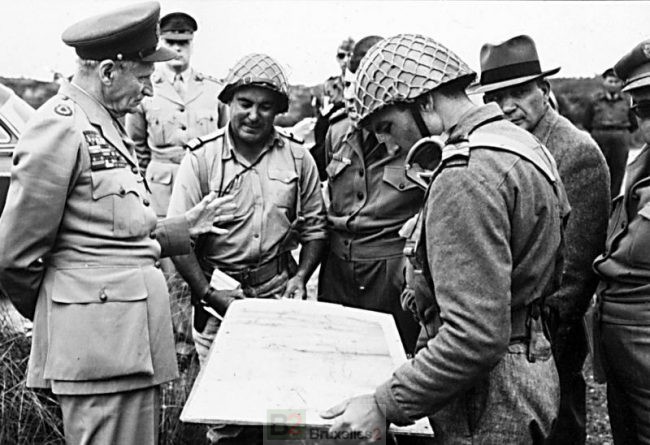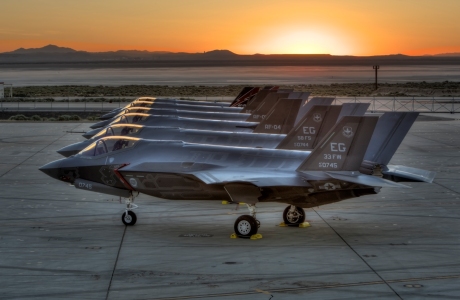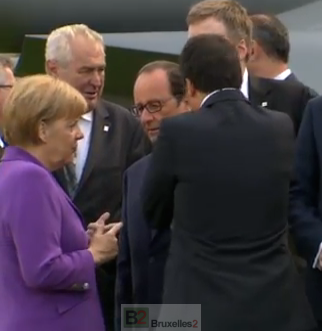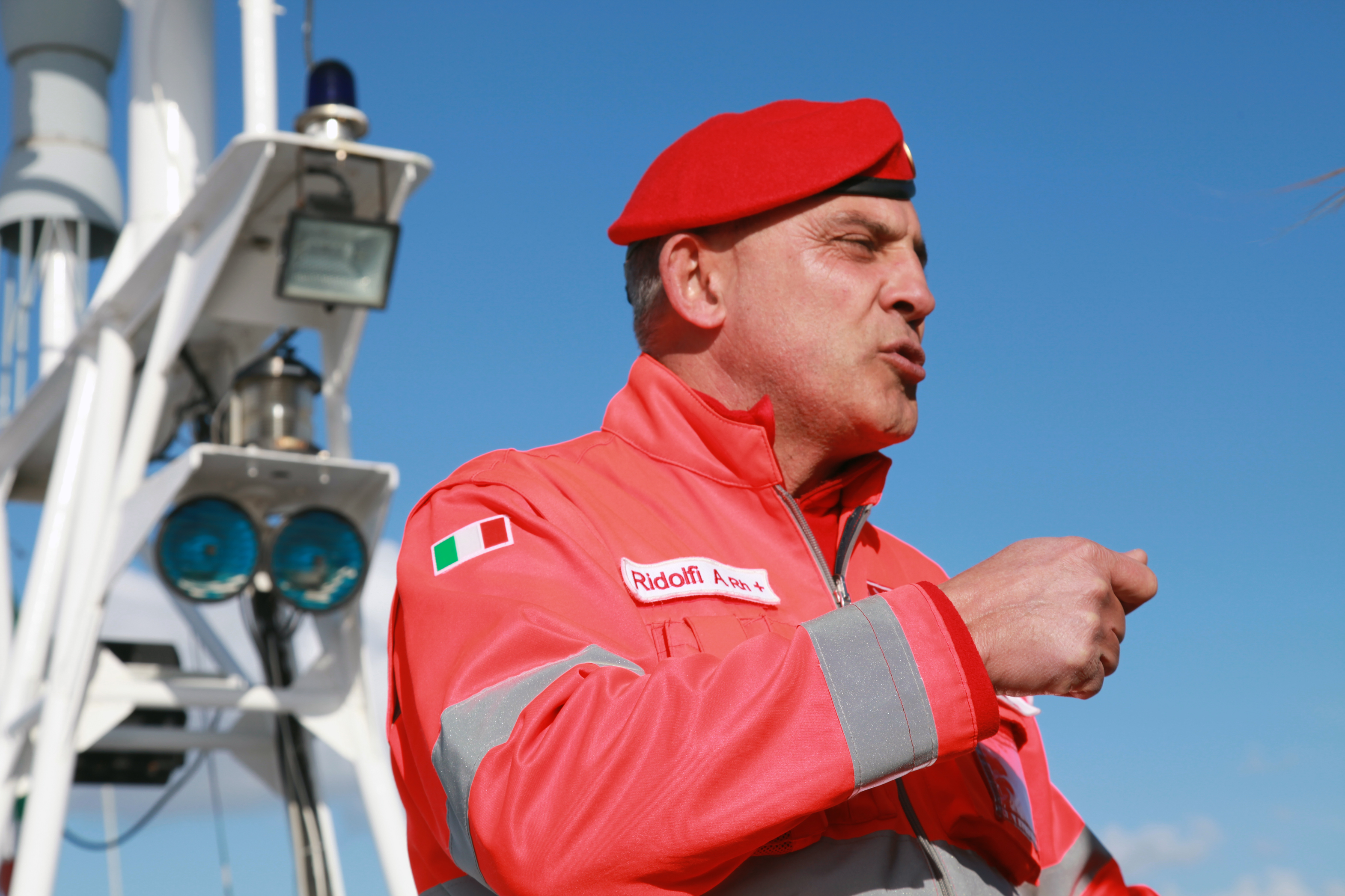Don't touch my Shape! The false argument of duplication

(BRUSSELS2) The discussions to provide the European Union with a capacity to conduct its military operations deserve a little explanation as the confusion reigns... A cleverly maintained confusion.
Does the EU have a civilian command of operations?
Yes. The EU already has a well-identified and autonomous chain of command to command and conduct its civilian missions, with a "civilian commander of operations", who is the director of the CPCC, the capacity (= direction) to conduct and plan civilian assignments. The commander is currently a British policeman, Ken Deane.
Does the EU have a military or/and civilian planning unit?
Yes. At the military level, the European Union already has a planning unit for its civilian missions as well as for its military missions and operations, at the strategic level.
This unit would undoubtedly deserve to be reinforced. Because it is on all fronts: it must both plan possible and eventual future missions / operations (the famous “ careful planning ”) and plan the missions / operations decided by the Board.
Attention ! we are talking about strategic planning, that is to say planning of the main axes of the mission/operation. It is not a question of fixing all the corners of the operation, what is called tactical planning, which generally appears in the plan of operation normally prepared by the future head of operation.
Does the EU have the possibility of carrying out its military operations?
Yes and no. It does not directly have a command and control capability within it. It uses headquarters which can be set up in one of the five Member States which have offered this capacity and are approved for it (France, Germany, United Kingdom, Italy, Greece). These are not permanent but triggered and set up on a specific decision, for the duration of a precise operation (NB: Two are effective today: London - Northwood for the anti-piracy operation in the Ocean Indian, Rome for the anti-trafficking mission in the Mediterranean).
The EU can also use the NATO HQ in Europe (SHAPE, located in Mons), under an old so-called Berlin Plus agreement. NB: a solution which was used in the beginnings of the European defense policy in 2003-2004 — and is still effective for the EUFOR Althea stabilization operation in Bosnia-Herzegovina (1) — but has not been used since .
Is not having an operation headquarters a problem?
Yes without a doubt. There is often a loss of line between the planners inside the European Union who prepare the mission/operation and those who then take over within the operation HQ. In general, thanks to personal relations, and to the sense of the general interest, things are going well. But structurally, it's complicated, it takes time and it's expensive.
What is the objective of the current reform?
It is this organization, which is complex to say the least, that the Europeans are now trying to simplify and strengthen. The objective of the Europeans is to plug the holes:
1° by reorganizing its military and civilian structures to better integrate them, in order to be able to carry out both civilian and military missions;
2° by having a small headquarters for the conduct of military operations, so as not to have to rebuild everything each time, thus losing several weeks for this and also keeping the institutional memory (the experience, so precious, in any operation crisis management).
Does this reform give rise to discussions?
Yes. The first point (civil-military integration) has given rise to some discussion, internally (within the EEAS) or on the part of certain countries which do not wish to see the military chain perverted (France in particular). But that's nothing compared to the second point, the creation of a real military headquarters, for the conduct of operations, which causes pimples to break out, on the other side of Brussels, at bd Leopold III, at the Alliance Atlantic and in some Member States.
What has the European Union decided today?
By adopting detailed conclusions (read: Europe security provider. The 28 set the course for a new ambition), The 28 Ministers of Foreign Affairs and Defense thus failed to complete the project: to have a command headquarters for military operations. They only managed to agree on one aspect, degraded, of this function only for military missions. The nuance is not only grammatical: a mission has no executive power where an operation has executive power. That is to say the possibility of using force, in substitution for national authority, under a UN mandate (under Chapter VII of the United Nations Charter).
Does this fundamentally change the situation?
Not decisively. The three non-executive EU military missions (EUTM) - which provide training in Somalia, Mali, Central African Republic - do not, in fact, have an operation HQ. The force commander on the spot exercises, with his staff, the command of the operation.
No one had really found it useful so far. To carry out a training mission, where the various elements are planned in advance, with around 400 personnel, two HQs, one in the field (for the tactical aspects), the other remotely (for the strategic aspects ) could raise healthy questions about the heaviness of the device.
The attack against the HQ of the EUTM Mali mission in Bamako last March (read: EUTM Mali HQ attacked in Bamako. A new target in the Sahel: Europe) may have reshuffled the deal and may have shown the need for another remote HQ...
And for executive-mandated military operations?
The problem remains. The EU does not have its own operational headquarters, even if it could have a little more resources with this reform. It's a step, but too small to be called real progress.
Is the duplication with NATO a real fact?
The key word on the NATO side (as on the EU side) is: stop duplication! Let's not be fooled! It's just an excuse, crude enough to do nothing. Believing with a few dozen more soldiers that the EU will succeed in competing with NATO and its hundreds of highly qualified soldiers who form the backbone of SHAPE (the Supreme Headquarters of the Allied Forces in Europe), c is to force the array. It's a bit as if Italy were alarmed for its security because the Vatican is going to recruit 30 Swiss Guards to ensure an additional night round in the Pope's apartments!
Are the objectives and means of the EU similar to those of NATO?
No. Even with an operation HQ, the objectives of EU military operations seem very different from those conducted by NATO. The EU often undertakes short-term stabilization operations in Africa before handing over to a blue helmet mission, while NATO generally conducts high-intensity operations of a certain duration. The EU also conducts police operations at sea (anti-piracy, anti-trafficking) but always outside European waters and territory, where NATO is also, and exclusively, responsible for the defense of European territory (land presence , aerial surveillance and maritime surveillance). His karma is really territorial defense where the EU has a real tropism for strengthening the rule of law. There is thus a clear distinction, both functional and organic, of the different tasks.
Why is it stuck then? Setting a precedent...competitive?
Regularly, the structures of NATO, relayed by one or the other — the British Minister, the Secretary General of NATO, the Dutch Minister... — raise the specter of duplication. Jens Stoltenberg confirmed this to our microphone, confident that the European desire to acquire a C2 (Command & Control) autonomous does not really seem to him the most urgent to do (read: The NATO chief's double warning to Donald Trump and the Europeans (exclusive interview with Jens Stoltenberg)
In fact, what NATO especially fears, and SHAPE in particular, is losing its competitive advantage... The EU has demonstrated a certain effectiveness in terms of crisis management. The fight against piracy in the Indian Ocean (2), the ceasefire observation mission in Georgia or Indonesia, the training of soldiers in Somalia or Mali are there to bear witness to this. While the results of the Alliance lend themselves to discussion (3). The Atlantic Alliance fears that another actor will encroach on its quasi-monopolistic sphere: the conduct of military operations. At a time when the EU, with its power soft, is sometimes as feared as NATO with its power hard (4), there is no question for the Alliance of letting the European Union equip itself with the only instrument it lacks in its panoply: the military...
It's a bit like a hypermarket fearing the arrival of a pharmacy that would open a department hard discount...
(Nicolas Gros-Verheyde)
(1) The usefulness of military force is questioned in a country where the risks are more economic and social than military instability, report all the semi-annual reports published.
(2) In the Indian Ocean, the EU's anti-piracy operation was more effective than NATO because it was able to mobilize military, diplomatic, legal and financial resources. Where NATO only had the military means at its disposal.
(3) Except in the Balkans (Bosnia-Herzegovina, Macedonia, Kosovo), the success of the Alliance in its expeditionary forces is not conclusive. A military success, the operation in Libya carried out in 2011 proved after a few months to be a vast political failure for which the Europeans have not finished paying the price. As for the long intervention in Afghanistan, launched at the American request in 2001, it cannot really deserve the term of success, even at the military level. The Alliance has succeeded neither in eradicating the Taliban and terrorism (primary objective of the operation) nor in stabilizing the country.
(4) In Ukraine, what the Russian power feared just as much was not really NATO intervention, which it knew was unlikely, but Ukraine's shift to the Western camp by the signing of an association agreement. The dissemination of democratic values, counter-powers and the free market being far more dangerous for the Russian power than the tanks of the Alliance which are in a way "the good old useful adversary".



